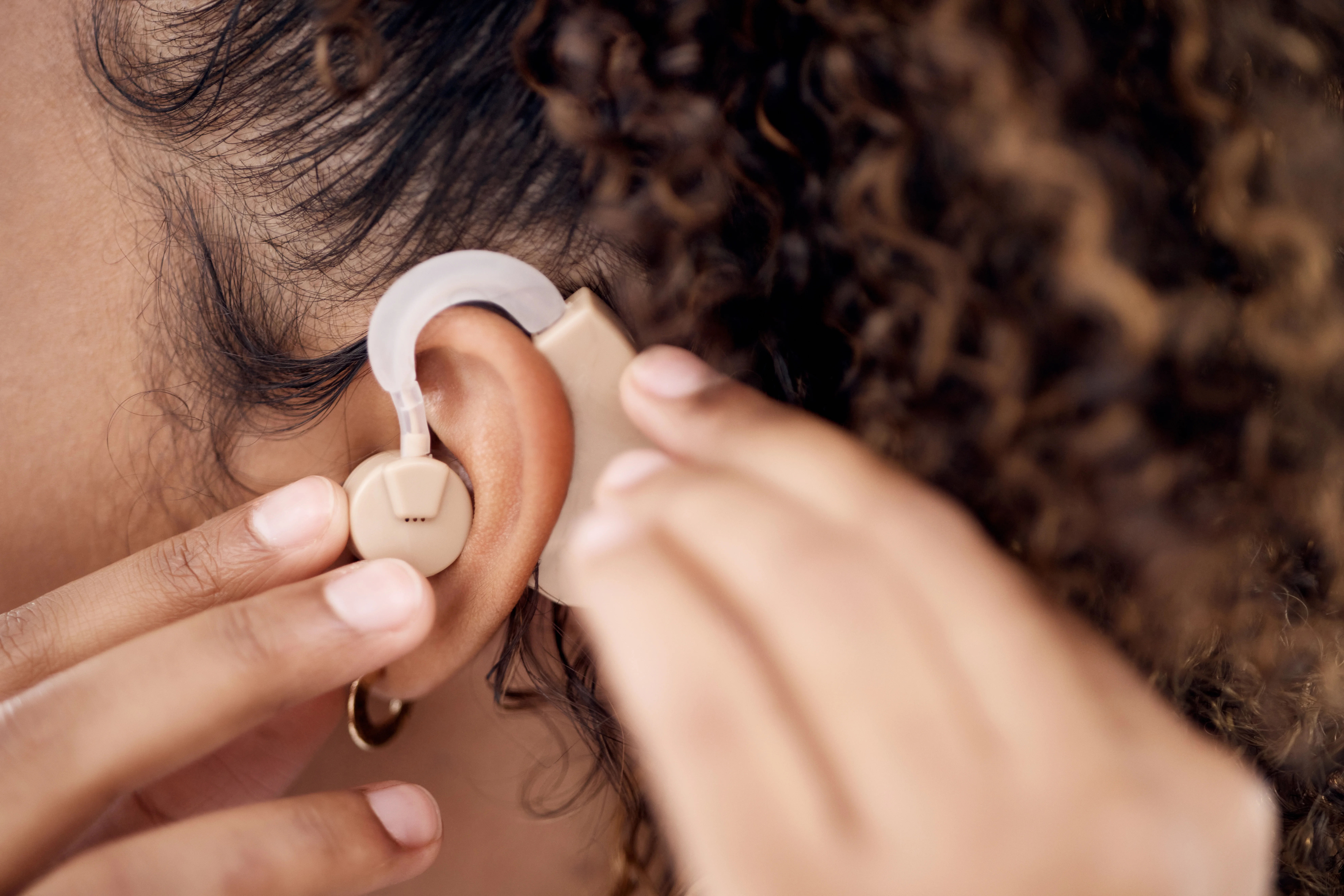- Male
- 49 Years
- 29/01/2025
I'm usually a really good sleeper, but lately, I've noticed something a bit worrying. When I wake up, there's blood mixed with my saliva. It's only four or five drops, but it's still concerning. I know my blood pressure has been at 130 over 87. Could these two things be connected, or is there something else I should be worried about?
Answered by 1 Apollo Doctors
One possible cause could be gum disease or gingivitis. To address this issue, you can use a mouthwash containing chlorhexidine to help reduce inflammation and prevent infection. Additionally, you can take Vitamin C supplements to support gum health. Regarding your blood pressure of 13087, it is slightly elevated. You can manage this by making lifestyle changes such as reducing salt intake, exercising regularly, and maintaining a healthy weight. It is important to monitor your blood pressure regularly and consult with a healthcare professional for further evaluation and management.
Dr. Dr Khaleel Suggests...
Consult a Ent Specialist
Answered 04/07/2025
0
0

More ENT Health Queries
View allI feel like there's this big lump of mucus that's stuck between my nose and throat, and it's really annoying and making me feel short of breath. I've tried swallowing a bunch of times, but it just won't budge. With everything going on with COVID, I can't really see a doctor in person. Is there anything I can do to make this go away? It's been like this for three days, and I don't have any other symptoms. I'm not sure what's going on. Any ideas?
consult ent
Answered by 1 Apollo Doctors
So, I accidentally burnt my throat eating hot food yesterday. I tried drinking water, gargling with Dispirin, and even used honey, which helped a bit. But this morning, my throat's really hurting, and it looks like a gland, maybe my tonsils, is swollen. My doctor's only available during the weekany advice on what I can do until then?
No need to worry that will heal with time take adeqaute rest and avoid hot and spicy foods,visit ENT docotor for appropriate management
Answered by 1 Apollo Doctors
My 5-year-old just had adenoid surgery and I'm a bit confused do adenoids grow back after removal? I've heard mixed things about whether this is a permanent fix or if they might return over time. Also, how effective is this surgery in the short term versus long term for kids? Really want to understand if this will fully solve their breathing issues or if we might face the same problems again later
It's also possible for your child's adenoids to grow back. It's impossible to remove all traces of the tissue since the adenoids are so far back in your child's nasal passage. If the tissue continues to cause problems, your child may need surgery twice. This is extremely rare.
Answered by 1 Apollo Doctors
Disclaimer: Answers on Apollo 247 are not intended to replace your doctor advice. Always seek help of a professional doctor in case of an medical emergency or ailment.





